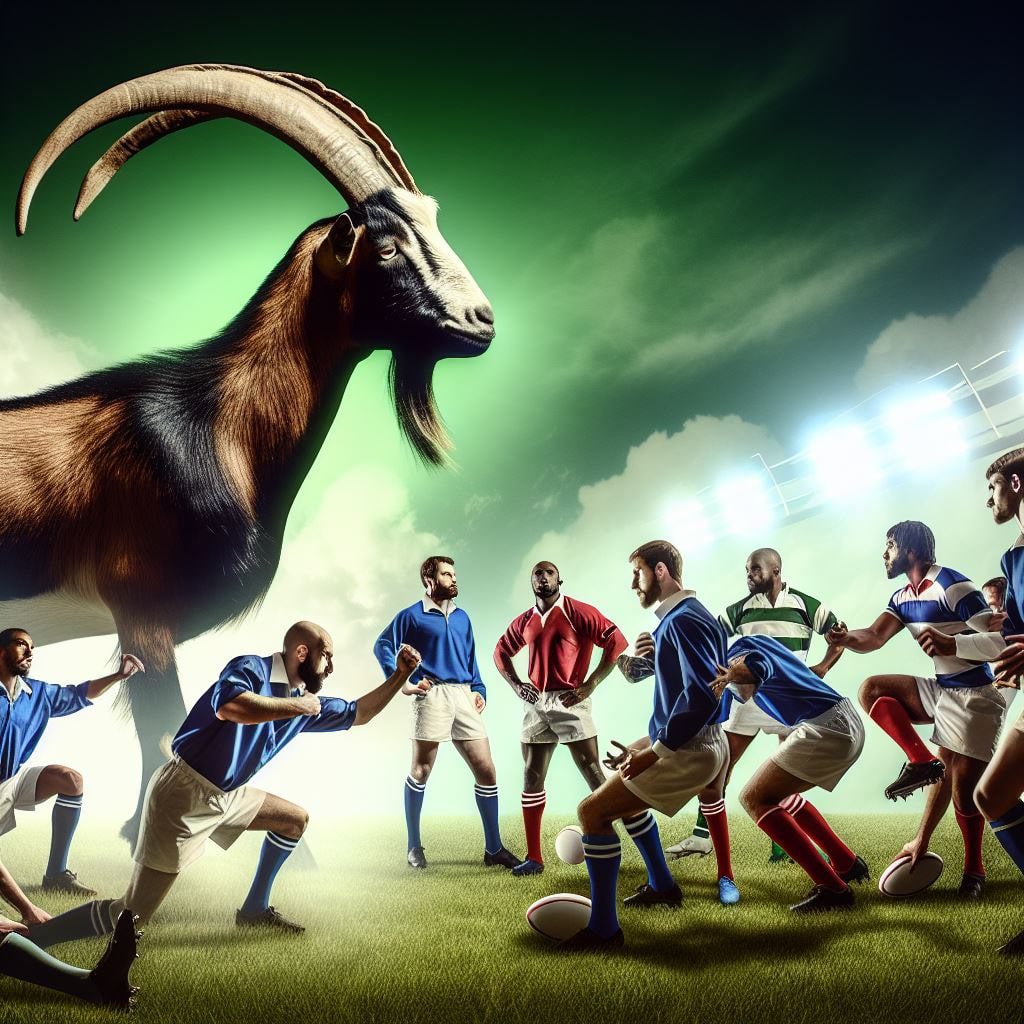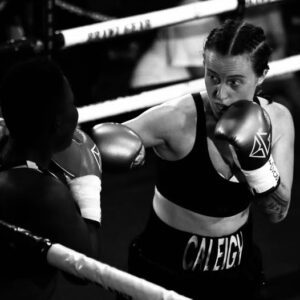
Is there anything so meaningless as a Greatest Of All Time discussion?
Entire hemispheres have got into scraps over rugby’s supposed GOAT, the rival claims of Muhammad Ali and Sugar Ray Robinson acolytes have punctuated the airwaves, newspaper columns and, more latterly, the Internet, for decades, not to speak of the relentless Messi versus Ronaldo argument and even whether Simone Biles is better than Michael Jordan or Jack Nicklaus as the greatest intergalactic sporting force of all time.
There are so many holes in every discussion, rendering any “finding” about as helpful as a prop on rollerskates.
No less a superstar than Jonny Wilkinson, the subject of the GOAT discussion himself over the years, cast doubt on the public’s fascination with the practice.
Speaking on The Rugby Pod last week, he said, “It’s such a big conversation. There’s no such thing as the best of all time. Everything is so interwoven – your team, everyone around you, the way it’s working, the personalities.
“Some people have done incredible things to get to where they are . . . the idea of mastery goes way beyond what something looks like and the stuff we never get to see. There are so many great players that can be respected and enjoyed. This idea as the best in the world in a team game, especially like rugby, is just mad.”
Of course, haggling over the GOAT is a popular parlour game that fans enjoy. There is no definitive manner to prove or disprove a claim beyond personal preference, although Wilkinson’s comment about comparing players is especially pertinent.
The best individual performance I ever witnessed in rugby came from Fourie du Preez who produced a sumptuous performance against England in a World Cup pool match in 2007. He received wild accolades, but he modestly – and correctly – praised his teammates.
The marauding forwards, led by tighthead CJ van der Linde, laid the ball on a platter for the elegant scrumhalf, who was the architect of the 36-0 win. Without the foundation laid by the forwards, he would have been swamped.
More latterly, Antoine Dupont has had rugby lovers swooning. The Frenchman has, apparently, rendered the GOAT argument moot. The greatest who’s ever lived, say those without any apparent irony.
If you must make a distinction between the greatest and the best, which is especially apposite in boxing, Dupont barely enters the conversation as the greatest.
Ali, by virtue of his political and cultural influence (let alone his boxing majesty), is commonly regarded as the greatest. Yet the best, by virtue of his boxing, is mostly attributed to Sugar Ray Robinson, who once went 91 fights unbeaten.
Similarly, while recency bias has fans gaga over Dupont, anyone who saw Jonah Lomu wreak havoc on South African soil in 1995 will attest to his greatness. He is arguably the only rugby player to have truly transcended the game, although Siya Kolisi has done similarly albeit for different reasons.
It was Lomu who made media mogul Rupert Murdoch sit up and say, “I want him” in 1995 when he splattered England and others, resulting in NewsCorp buying the rights to southern hemisphere rugby for US $550-million 30 years ago.
There was much chatter in 2022 when Rapport newspaper dared to rank the 30 greatest SA players of the past 30 years, a devilishly difficult job, but harmless enough.
They assembled a stellar panel to decide on the list, ultimately topped by Fourie.
Two themes emerged: all three Rugby World Cup-winning captains made the cut with John Smit’s class of 2007 providing the bulk. Happily, Naas Botha and Danie Gerber did too.
Yet a single glance at the list confirms the absurdity of trying to compare great players. Measuring Schalk Burger with Beast Mtawarira, for instance.
Both were titans of the game, legendary by every measure, yet Mtawarira doesn’t crack the top 10. Burger, once rated by Jake White as the best player he ever coached, came in at seven with three backline glory boys – Du Preez, Joost van der Westhuizen and Bryan Habana – occupying the top spot.
And yet, who could argue with that? Van der Westhuizen, raw-boned and wonderfully athletic, broke the mould for scrumhalves when Dupont was still in short pants, and Habana, all electricity and elan, set try-scoring records wherever he played.
Current GOAT arguments typically have Cheslin Kolbe in the conversation, and yet the panel only just found room for him – at number 30.
Internationally, for years Gareth Edwards held the mythical title of GOAT, although South Africans had a soft spot for Frik du Preez, named Player of the Century in a poll of South Africans in 2000.
You’re treading on dangerous rugby ground when throwing names around for the GOAT. Consider the likes of Dan Carter, Richie McCaw, Lomu, Hennie Muller, John Eales, Martin Johnson, Brian O’Driscoll, David Campese, Robert Paparemborde, Pieter-Steph du Toit or Zinzan Brooke.
Determining the best of them is a fool’s errand.
Firstly, comparing players from different eras is chalk and cheese – different laws, training methods, nutrition and professionalism change everything.
In rugby, there are several positions, all requiring vastly different skill sets. Frans Malherbe could never throw a pass as sweetly as Faf de Klerk, but nor could De Klerk mangle an opposition prop forward.
Team dynamics also count for much in rugby where individual success is often linked to team performance. Ox Nche doesn’t score many tries, but without him the team would be useless. Similarly, there are softer nuances. Statistics alone don’t capture the full impact a player might have on the game; qualities such as leadership, inspiration, and influence on future generations.
Personal biases and preferences also play a significant role in these discussions. Fans favour players from their own country or those they grew up watching. Du Preez versus Dupont is a case in point.
Old farts might favour their generation, too, although experience can help lend context, or counterbalance the recency bias that has younger fans believing rugby began a mere 30 years ago.
There is also cultural and historical context. As Pienaar and Kolisi have proven, the significance of a player’s achievements can vary depending on the socio-political context. Take a player like Kolisi, who broke barriers, or Pienaar, who took on the role of quasi-statesman at a critical juncture in South Africa’s history. They might, or indeed should, be viewed differently.
The irony about the Dupont argument is that he would be the last person to advance it. Despite his stellar achievements, he’s modest and unfussed, quite happy to leave the arguments to others.
It’s the rest of us who get into a froth.








